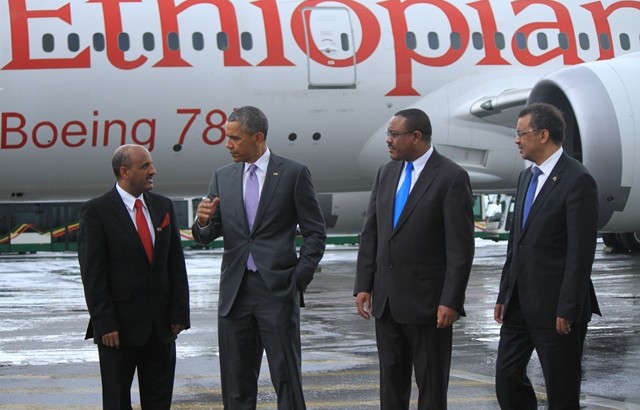
Competition vs Cooperation
October 5, 2015
After two years at Grant Thornton Advisory in Ethiopia, my client-facing tasks involve three elements to master: proposals, presentations, and elevator pitches.
As advanced as the fast-paced business world has become, the fundamentals to building a brand and attracting clients are still rooted in understanding your industry and evolving with your market. In a region like East Africa, the basics of humility, friendship, and reputation are essential to developing any service.
But when it comes to internal dynamics within a company, the status quo is that competition is increasingly good. We learn from various disciplines that cut-throat competition is essential to successful candidates standing out. Over the years, cautionary tales show an over-caffeinated pragmatist leading the team with Gordon Gekko mannerisms. Greed is good, and turnover is natural to a team. “Darwin” has solidified as a part of the decision-making vocabulary.
This week, I was happy to stumble upon research that shows otherwise from William Muir at Purdue University. As explained by Margaret Heffernan’s TED Talk, Dr. Muir’s interest in group productivity led to an experiment with chickens:
“He found one flock that was generally pretty productive… then he created another flock, which was constructed of the individually most productive chickens that he could find… And at the end of six generations, he compared the two flocks. So he had a superflock of super chickens that had been specially chosen.
After six generations of chickens, Muir took his first flock of average, good old worker chickens and then he looked at the second flock of chickens – the super chickens flock…
And what he found at the end of the experiment pretty much amazed him and I think amazes most people who hear the story, which is the average flock was doing very well. They were all really plump, fully feathered, very healthy and, importantly, they were more productive than ever. And the other flock – the superflock – all but three were dead… The rest had pecked each other to death.”
Companies, organizations, and governments seems to always strive toward creating a superflock of efficient and competitive alpha members. Working in East Africa has taught me that this mind-frame is broken. It leads to a culture that forgets the powerful elements that make people so honest, hardworking, and passionate towards shared visions.
Our individual faults, our intellectual limits, and our natural deficiencies are qualities to be bravely shared within an internal office team and even potential clients. It is our human qualities to be most proud of as we should always remember David triumphantly beats Goliath.